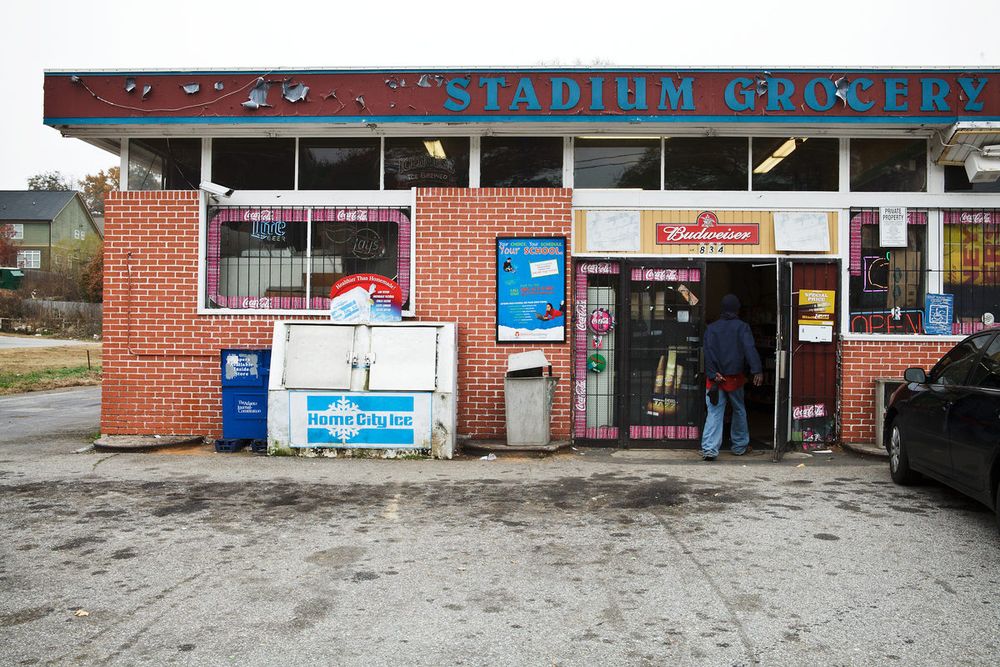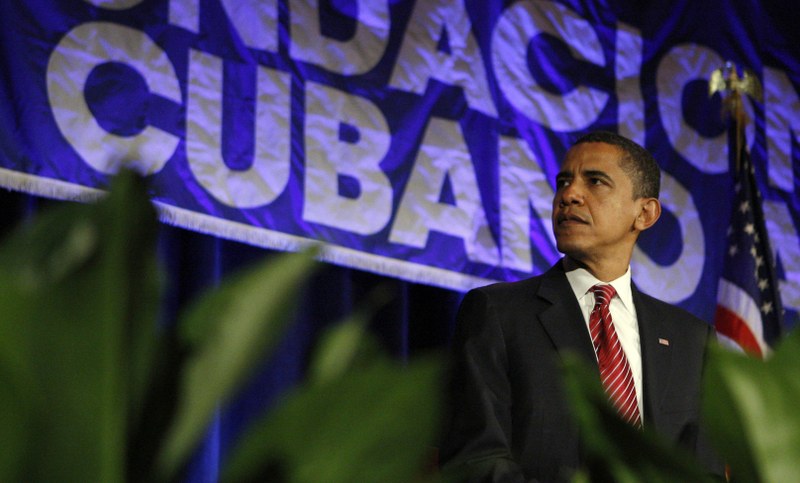By: Ronnie Kurtz
By now, Miami Marlins’ manager Ozzie Guillen’s statements made in an interview with Time magazine have become a quote heard ‘round the world. And if you’ve been paying attention to the media firestorm that has followed his statements, you would think that all hell has broken loose in America.
Prominent Cuban-American journalists flock to the air to lampoon Guillen for his stupidity and the rift he has driven between the Marlins ball club and the Cuban community.
The Marlins suspend their manager for five games, with Major League Baseball’s resounding approval.
A sizeable protest erupts in front of the Marlins’ brand new stadium, built in large part to attract the Cuban fan base to games, as Cuban immigrants call for the immediate firing of Guillen. They threaten a wholesale Cuban boycott of games even as he sits inside and apologizes for his statements.
To the outside observer, this kind of reaction is rather expected. We perceive the large Cuban community in Miami as a fermenting stew of anti-Castro hate and vitriol. Certainly, we have no reason to second-guess such a stereotype; when anti-Castro terrorists, like the Omega 7s, have a record of killing anyone who even suggests the U.S. should openly talk with Cuba, it is easy to understand the roots of the outrage.
But everywhere else, it seems this issue has lost its wings. There are no protests elsewhere in the United States. There are no non-Cuban Americans writing editorials or vocally censuring Guillen. No, elsewhere in the United States, the entire incident has been cast aside as something almost comical, the apex of the incessant blunderings of a man with a well documented penchant for putting his foot in his mouth. He is an idiot, people say, not for saying what he said about the brutal dictator, but for saying it as the manager of the Miami ballclub. His sins lie not in his actual statements, but in the response they yield in the constituency he represents. Had he made these statements a year earlier, as manager of the Chicago White Sox, it is hard to imagine the news story surviving more than a day.
But why is that so? Why is it that the public backlash against Ozzie Guillen seems so confined to such a small portion of our country? Had he proclaimed to love Hitler or bin Laden, we all would be calling for his head. But here, not so much.
This puzzle stumped me for quite some time, until I had a text message conversation about it with a close friend—a close friend who is not only a University of Georgia student, but an International Affairs major with a resume that more than establishes his academic qualifications.
“I think they’re all freaking out a little too much. He never really did anything except like the Soviets.”
And that’s the problem. The majority of Americans can go in depth about what happened during the Holocaust or detail 9/11—but when it comes to outlining the sins of Fidel Castro, well, we really don’t know.
We don’t know about the thousands of political executions he ordered to solidify his rule. We don’t know about the forced labor camps he sent thousands of his people to, about the continued censorship his subjects the media to and the complete silencing of political opposition that has come to characterize his rule. Some of us barely even know that the large Cuban population in Miami is composed of political refugees and their descendants—even though all of this information is readily available on Castro’s Wikipedia page. No, all we know is what we have been told since birth, that Fidel Castro is an evil man, and that is that. We all accepted that fact (and that good cigars will be a little bit harder to come by because of it), and moved on.
What is more disturbing than the ignorance our generation displays about Castro is the decreasing fervor in the current generation of Cuban Americans.. An article on ESPN.com goes into detail about the changing nature of the Cuban community. About how the once prevalent anti-Castro radio stations have suddenly disappeared. About how thousands of Cuban-Americans protested during the Elian Gonzalez affair, but only two hundred protestors (with an average age of 70) showed up in front of Marlins Stadium. About how in an area where anti-Castro extremism was a prerequisite for a public office, only two politicians called for Guillen’s firing.
“Everybody hates Castro,” (FIU Professor of Cuban Studies Danio) Moreno says, “but I think they hate Castro now in different ways. I think younger Cuban-Americans — and by younger I mean under 60 — hate Castro like an American will hate bin Laden. It’s not personal anymore.”
What is happening with the perception of Castro is exactly what people feared would happen with bin Laden and Hitler, the anxiety that has ignited the “Never Forget” campaigns. As those who lost brothers to prisons and fathers to execution slowly fade away, so does the memory of just how brutal this man was. Without the details, the denotation of Castro as evil loses its teeth.
Ozzie Guillen claims that he really didn’t know anything about Fidel Castro when he made his comments. All he knew was that Castro was leader of Cuba and that there has been widespread clamoring for his deposition—the same base of knowledge with which many members of our generation are equipped. As Guillen returns to the field from his suspension this week, it remains to be seen if a Cuban boycott will really be powerful, or if his apology will be accepted and the issue will slowly die away. But, if any good can come out of this situation, it is that some of us who watched it happen are awakened, so we might capture the image of the true Fidel Castro and make sure it never fades away.

